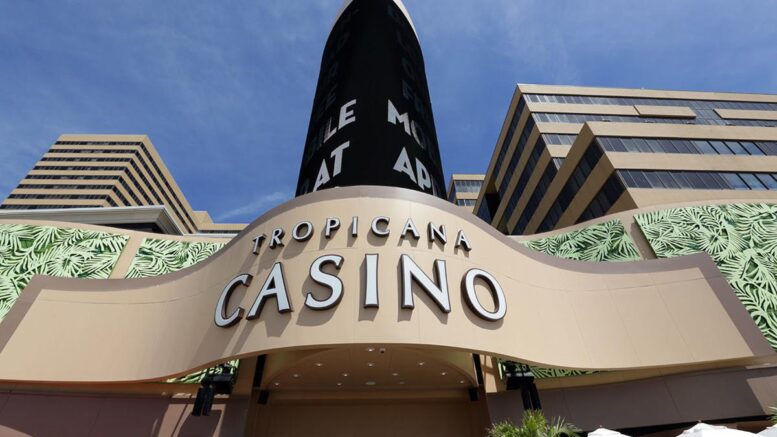Maine lawmakers have approved a plan to authorize sports wagering, but that measure’s fate remains unclear as it lands on Gov. Janet Mills’ desk for consideration.
The proposal, which emerged from a special session of the state Legislature last week, would allow for retail and mobile wagering on professional and collegiate sports at one of the state’s two casinos, five off-track betting parlors, one racetrack, or five federally recognized tribes, if they receive authorization to open casinos under separate legislation.
Online sports betting operators would have to be “tethered” to casinos or other brick-and-mortar gaming businesses to qualify for state operating licenses.
Under the proposal, retail wagers made at one of the state’s two casinos, off-track betting sites and other brick and mortar operations would be taxed at 10% while online bets would be taxed at 16%. Companies would be required to pay a $200,000 registration fee every two years to offer sports betting.
A fiscal note attached to the bill estimates that the state will collect nearly $3 million in licensing fees and tax revenue in the current fiscal year, if sports wagering is authorized.
That figure would increase to more than $7 million in fiscal 2024-25, according to the estimates.
Mills vetoed a sports betting bill last year and hasn’t said if she supports the latest plan, which has been hammered out in committee hearings over the past several months.
Meanwhile, state’s federally recognized tribes could be allowed to open casinos on their lands under approved legislation sent to Mills for consideration.
A landmark land claims settlement of 1980 exempted Maine from federal Indian gaming laws, which has prevented the tribes from opening casinos on their lands.
In recent testimony on the bill, Penobscot Nation Tribal Ambassador Maulian Dana said the changes are needed to give Maine’s tribes the same rights under federal law that are afforded other native peoples.
“For the tribes, this is not about the ethics or mechanics of the gaming industry itself,” Dana told the Legislature’s Committee on Veterans and Legal Affairs during a hearing on the bill in March. “This is about our inherent sovereignty as tribal nations and the right to self-determination and self-governance.”
If Mills signs both bills, the state’s tribes would be eligible to get a piece of the action in the sports wagering industry as well.
Mills hasn’t said where she stands on tribal casinos, but her administration has noted the plan would expand gambling without a referendum to gauge public support for the changes.
The fate of both bills also hinges on end-of-session parliamentary procedures that could determine whether it becomes a law or not.
Under state law, Mills has 10 days while the Legislature is in session to sign the bill, veto it, or allow it to become a law without her signature.
Lawmakers were set to adjourn on June 16, but extended the session. It’s not clear when they will formally end.
But if the Legislature adjourns for the year before the 10 days expires, the bill doesn’t become law. That’s known as a “pocket veto.”
This article was originally posted on Maine sports betting bill laid before governor

Be the first to comment on "Maine sports betting bill laid before governor"